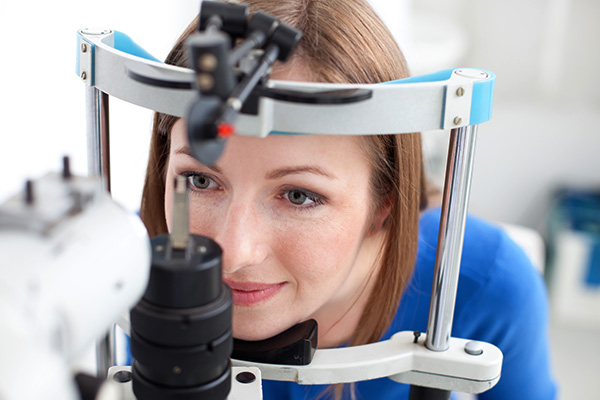
Children may experience a range of vision issues, including refractive errors, amblyopia (lazy eye), strabismus (crossed eyes), and focusing problems. As a parent, it is crucial to understand the various vision issues that can affect your child's eyesight. Vision problems can have a significant impact on a child's development and learning abilities. By recognizing the signs and symptoms of these issues, you can take the necessary steps to ensure your child receives the proper care and treatment they need.
The Importance of Early Detection through Eye Exams
Regular eye exams play a vital role in detecting vision issues in children at an early stage. Many vision problems can be effectively treated if diagnosed early, preventing potential long-term complications. Eye exams conducted by optometrists are specifically designed to assess a child's visual acuity, eye coordination, and overall eye health.
Early detection of vision issues allows for timely intervention, which can significantly improve a child's quality of life. Optometrists use a variety of tests, including visual acuity tests, eye movement tests, and binocular vision tests, to evaluate a child's vision and identify any potential issues. These comprehensive exams are non-invasive and painless, making them suitable for children of all ages.
When to Worry About Your Child's Squinting
Squinting is a common behavior in children, but it can also be a sign of an underlying vision issue. While occasional squinting may not necessarily indicate a problem, persistent or frequent squinting should be taken seriously.
If your child consistently squints in different lighting conditions or when looking at distant or close objects, it could be a sign of refractive errors or other vision problems. Squinting is an attempt to improve focus and clarity, and children often do it instinctively when they experience vision difficulties.
If you observe persistent squinting in your child, it is crucial to schedule an appointment with an optometrist for a comprehensive eye examination. The optometrist will evaluate your child's visual acuity, eye coordination, and overall eye health to determine the underlying cause of the squinting. Early intervention and appropriate treatment can help resolve any vision issues and prevent potential complications.
Other Factors to Consider in Addition to Squinting
While squinting is an important indicator of potential vision issues, it is essential to consider other factors as well. Some additional signs that may warrant concern include:
Tilting or turning head: Children with vision issues may tilt or turn their head to adjust their eyes' alignment, allowing them to focus better.
Excessive eye rubbing: If your child frequently rubs their eyes, it could be a sign of eye strain or discomfort caused by vision issues.
Sitting too close to the television or holding books too close: Difficulty seeing objects from a normal distance could indicate nearsightedness or other refractive errors.
Lack of interest in reading or writing: Vision problems can make it challenging for children to focus on printed materials, leading to a disinterest in reading or writing activities.
Complaints of headaches or eye strain: If your child frequently complains of headaches or eye strain, it could indicate vision problems that need to be addressed.
Difficulty in school performance: Vision issues can significantly impact a child's ability to learn and perform well in school. If your child is struggling academically or exhibits a sudden decline in performance, it may be worth investigating their vision.
Eye redness or excessive tearing: Persistent eye redness or excessive tearing can be signs of underlying eye health issues that require attention.
Sensitivity to light: If your child shows discomfort or sensitivity to bright lights, it could be indicative of vision problems.
When considering your child's overall well-being, it is important to take into account these additional factors alongside squinting. Consulting an optometrist can help identify and address any potential vision issues that may be impacting your child's daily life.
Take Steps to Ensure Your Child’s Optimal Visual Health Today
Squinting can be a red flag for potential vision problems, and if observed consistently, it is important to consult an optometrist for a comprehensive eye examination. By taking proactive steps in monitoring and addressing your child's vision, you can help them achieve optimal visual health and ensure a bright future ahead.
Schedule an appointment with our optometrist at Insight Eyecare in our Houston, Texas office to ensure your child’s vision is on the right track. Please call 713-462-2010 to book an appointment today.





